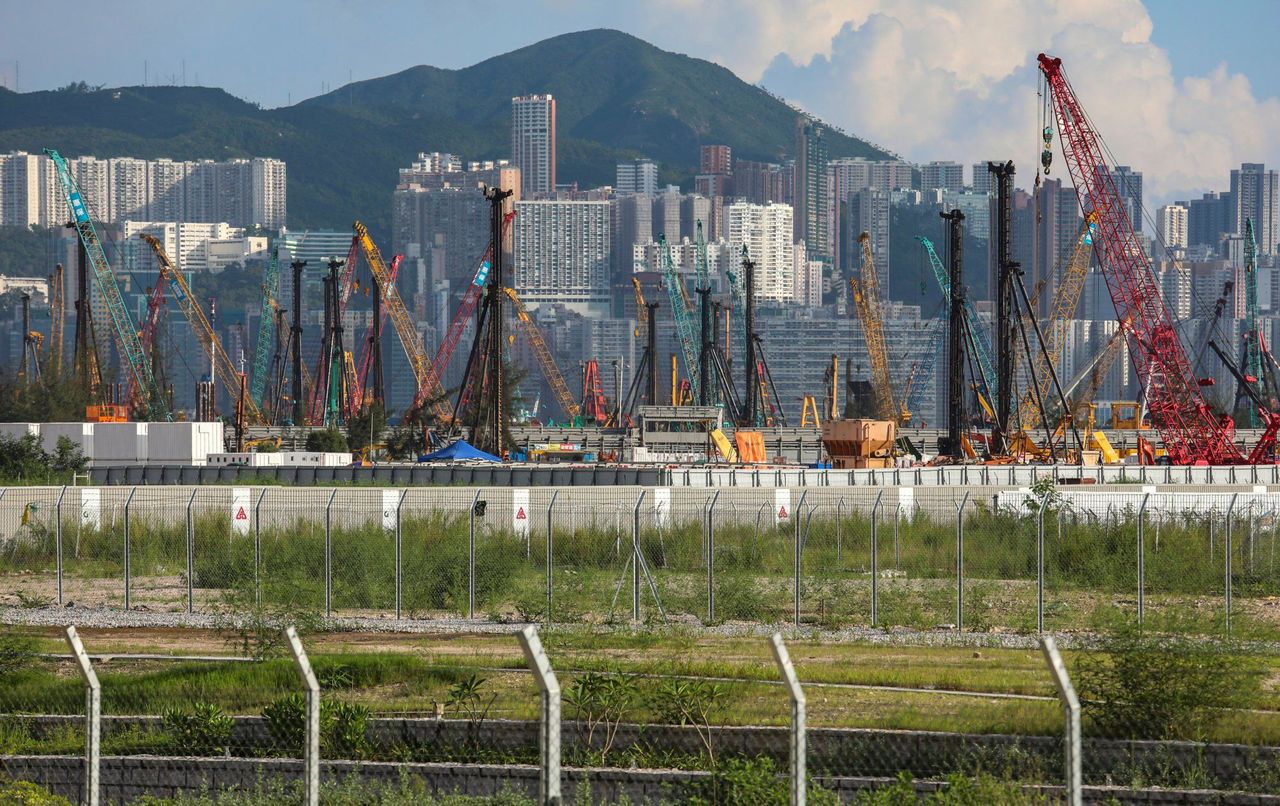Hong Kong News

Hong Kong developers dismiss fears over national security clauses in land documents
Hong Kong property developers have dismissed fears about a drop in investor confidence after the authorities added national security clauses to land sale documents.
Provisions from the Beijing-imposed national security law were found in recent tender documents for land sales, including one for a site at the junction of Sai Yee Street and Argyle Street in Mong Kok, where submissions will close on February 24.
The document warned potential buyers they could be disqualified if they engaged in activities that endangered national safety or affected public order.
Stewart Leung Chi-kin, chairman of the executive committee of the Real Estate Developers Association, said he had heard no objections from members, despite there being no consultation on the change.
“The latest practice will not have an impact on a developer’s desire to tender for land or not,” he told the Post. “It will not scare away foreigners who are true investors, but only those that hope to disturb and obstruct the city’s development with political motives.”
 Real estate experts say national security clauses in land sale documents will not affect appetite for construction.
Real estate experts say national security clauses in land sale documents will not affect appetite for construction. Beijing imposed the national security law on Hong Kong in June 2020 with penalties of up to life in prison for people convicted of subversion, secession, collusion with foreign forces and terrorism.
“Now it must be clearly stated, and it’s not just Hong Kong, many countries across the world have such a security law to protect themselves,” Leung said. “Even though there are no such clauses for old land leases, the law is enforced in the city already, and people have to obey and follow it.”
Other developers echoed Leung’s views.
Nick Tang, chief executive officer of Wang On Properties, said the clause was reasonable from a business perspective.
“While it is in place, in practice I don’t think anyone will trigger this clause. Chances of that happening are very slim. So it definitely will not affect land prices,” Tang predicted. “If a Hongkonger buys anything in the US, the US government will also examine the background before allowing the investment.”
A spokesman for the Development Bureau said the Lands Department had added new provisions in land sale papers and short-term leases after the government’s Stores and Procurement Regulation was updated last August to take account of the national security law.
“Safeguarding national security is the shared responsibility of the entire Hong Kong society. For law-abiding bidders, the relevant terms should not affect their willingness to bid, and we are not worried that the terms will affect the government’s push for land,” he said.
He added the first land sale in Kai Tak Area 2A, which included the national security terms, had attracted six bidders and the site was sold by the end of last year.
The city’s property stocks were down as much as 4.9 per cent to the lowest level in six weeks on Monday, compared with a 0.1 per cent slip in the benchmark Hang Seng Index.
Donald Choi Wun-hing, chief executive of property giant Chinachem Group, said: “The government always has the right to withdraw the tender or choose who can win. The government is like any landlord, who can choose the tenant or buyer. This is naturally their right.”
Allen Fong, a veteran developer who earlier worked for a state-owned developer and has more than 25 years of experience, said he did not see how construction of residential property could violate the national security law, despite the legislation’s range.
“If you talk about residential, industrial property or street shops, I don’t think there will be any major violations,” Fong said. “The biggest chance is when an office is leased to a renter who violates the national security law.”
Polly Chu, a partner at law firm Withers, said the insertion was designed to underline that the national security requirement was one of the criteria along with price and specification under the government procurement process.
“Most land developers mainly consider the development cost, future revenue and income that can be generated, strategic expansion or portfolio and risk, funding and ongoing management,” Chu said.
Gary Ng Cheuk-yan, a senior economist at Natixis Corporate and Investment Bank, said the move to extend the scope of the national security law was not a surprise.
“It should not drastically change investors’ sentiment, but it will also not stop businesses from reassessing the risks in geopolitics and policy predictability in Hong Kong,” Ng said.
The Foreign Correspondents’ Club said last November it had secured a three-year lease extension on its part of the Old Dairy Farm Depot in Central after it became embroiled in controversy and was targeted by the city’s pro-establishment camp in recent years.
The club revealed the new lease contained other provisions which were standard in all government leases, including allowing the authorities to terminate it at any time with three months’ notice or with immediate effect on national security grounds.











